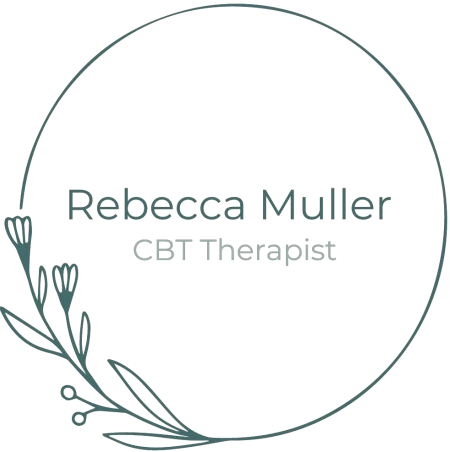As a CBT psychotherapist working with clients online, I have found that there are various effective therapies that can help individuals overcome their trauma symptoms. One such therapy that has gained significant recognition and success in recent years is Eye Movement Desensitization and Reprocessing, or EMDR. In this blog, I will explain what EMDR is, where it came from, what it’s all about, and the issues it can help with.
EMDR, developed by Francine Shapiro in the late 1980s, is a specialised form of psychotherapy designed to help individuals process traumatic memories and alleviate the distress associated with them. It was initially developed to treat post-traumatic stress disorder (PTSD) but has since been proven effective in addressing a wide range of emotional and psychological issues.
The core of EMDR therapy involves stimulating the brain's natural ability to process information by using bilateral stimulation, typically achieved through the therapist guiding the client's eye movements back and forth while they focus on a distressing memory, or in the case of working online using bilateral tapping. This process enables the brain to reprocess traumatic or distressing memories, allowing the individual to integrate them in a healthier and less distressing way. Over time, EMDR can help you reduce the emotional charge attached to these memories, making them less distressing and easier to manage.
One of the significant benefits of EMDR is its versatility in addressing various mental health issues. While it is widely recognised for its effectiveness in treating PTSD, it can also be helpful for those dealing with anxiety, depression, phobias, and other trauma-related conditions. Many clients I work with have found EMDR to be a valuable tool in their journey toward emotional healing and well-being.
EMDR is an evidence-based therapy with a growing body of research supporting its efficacy. Many individuals who have undergone EMDR therapy report significant improvements in their overall mental health and quality of life. It offers a unique approach to healing by helping clients reprocess traumatic memories and reduce the emotional distress associated with them.
If you or someone you know is struggling with issues related to trauma, anxiety, depression, or other trauma-related conditions, EMDR may be a valuable therapy to consider. I offer EMDR Therapy online, and would be happy to discuss how this therapy can be tailored to your specific needs and goals.
Don't hesitate to reach out to me for more information or to schedule an appointment. Together, we can work towards healing and a brighter future. Your well-being is my priority, and EMDR may be the key to unlocking a healthier, happier you.
